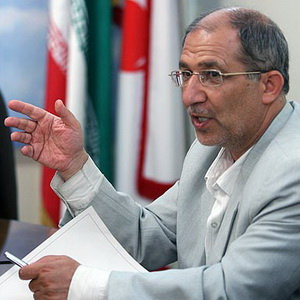WikiLeaks, Iran, and the Arabs’ Hostility

Since the victory of Iran’s Islamic Revolution in 1979, Arab states of the Persian Gulf region have oriented their regional policies with those of the United States. There is no single pattern of conduct for all Arab states of course: Saudi Arabia, Jordan and Egypt are openly hostile to Iran, while Qatar and Oman enjoy close relations, at least on the surface. During Iran’s eight-year war with Iraq—then ruled by Saddam Hussein—Saudi Arabia, Kuwait and the UAE made multi-billion-dollar donations to Iraq’s war chest.
Such an attitude toward Iran has, of course, existed since even before the Revolution. Tehran and its Arab neighbors have always been engaged in a sort of bitter rivalry, even in the age of Iran’s last Shah, Mohammad Reza Pahlavi, who was regarded as the United States’ ‘gendarme’ in the region. The fact that Arab countries (e.g. UAE, Qatar) have made lucrative deals in their economic cooperation with Iran, particularly in the fields of energy and imports, makes little difference to the issue.
There has been a long history of hostility between the two coasts of the Persian Gulf, while Iran has time and again stretched its open hand to the Arab states, as it regards them as Muslim neighbors. These countries, however, have defined their security approach based on US strategy. Tehran’s relations with Washington have inevitably influenced Iran’s ties with its Arab neighbors.
The WikiLeaks documents reveal Arab countries’ true attitude toward Iran. Their opposition to Iran’s nuclear program and their support for further pressure on Iran (even if it means a potentially devastating military attack) has also been disclosed. Their hostility toward Iran may even surpass that of the United States and some European countries.
*Hossein Ala’i is a strategic affairs analyst.

